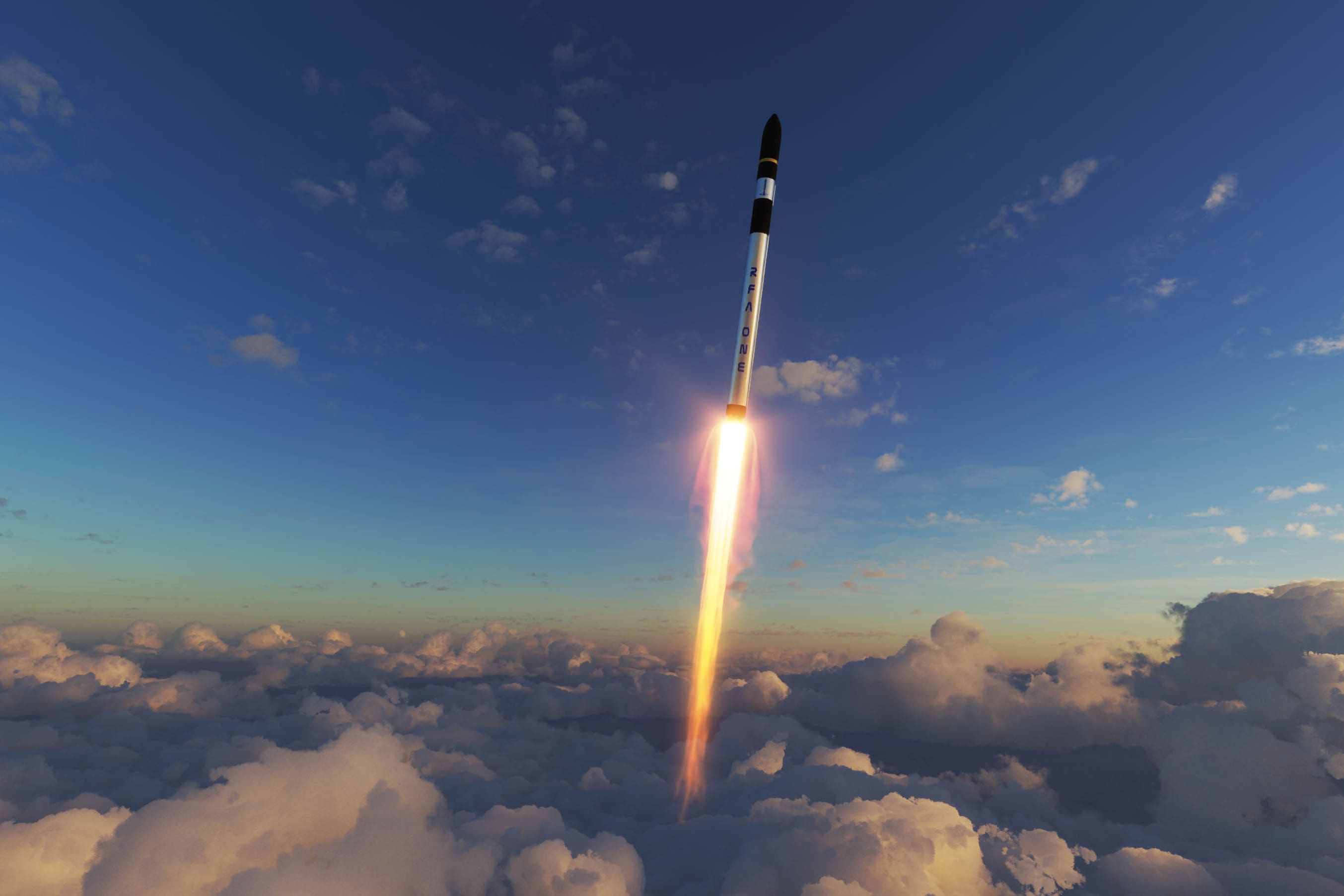What next for space launch bids after rocket engine explosion in Shetland?
Some of the key questions after part of Rocket Factory Augsburg’s rocket was destroyed at SaxaVord Spaceport.

A rocket engine exploded during a test at the SaxaVord Spaceport on Unst, with the fiery conflagration destroying the first stage of the satellite launch vehicle.
German company Rocket Factory Augsburg (RFA) say they are keen to resume operations “as soon as possible” and stress the importance of tests like the one that took place on Monday.
It was hoped this rocket would deliver the first orbital satellite launch ever from UK soil, with plans for it to take place later this year.
Here are some of the key questions about what happens next.
What was it that exploded?RFA was conducting a “hot fire” of all nine Helix engines on the first stage of the rocket – the lower part of the vehicle which lofts it from the launch pad before separating from the upper stages.
The test took place at the privately-run SaxaVord Spaceport on Unst, the northernmost inhabited island in the UK.
Ultimately, RFA aims to use their rockets to launch satellites into orbit, catering to a growing global demand for space launches.
Called the RFA One, the vehicle is a 30m-tall three-stage rocket, which can deliver a 1,300kg payload to a sun-synchronous orbit around Earth.
What do we know about what went wrong?Engineers from RFA will be pouring over data and footage from the test to understand what led to the explosion. So far they have not revealed any obvious cause.
The company is particularly proud of its rocket engines, which use a closed combustion cycle to burn fuel more efficiently than other launchers of the same class.
Professor Malcolm Macdonald of Strathclyde University, an expert in space technology, says the complexity of rocket engine testing increases as more engines are fired up on the same vehicle.
He told the PA news agency: “You expect to pass, but you plan for the possibility of failure.
“Failures of these tests, particularly on rockets, are not that uncommon.
“Particularly on new rockets, we see failures relatively frequently on them.”
What will RFA do now?RFA say their production process is iterative – meaning they incorporate lessons learned from any failures into the next rocket they build.
Earlier this year, its chief commercial officer Jorn Spurmann told the PA news agency they intend to gradually build up their launch cadence to one a month – meaning work on a replacement launcher is already underway.
The most recent timescale for the first launch from SaxaVord was around September or October, but Prof Macdonald said the explosion is likely to put the attempt back by several months and possibly into the new year.
He said: “It might be possible for them to get another first stage up to Shetland relatively quickly.
“But I think integrating all that together, they’ll then want to repeat this test before they move on to a launch attempt.
“So I think it’s unlikely now that we would see an orbital launch within this year.”
Why test and launch on Unst?With a population of around 600, Unst is the most northerly inhabited part of the UK.
This location is an advantage for certain types of satellites that require a sun-synchronous orbit, as well as the fact any jettisoned debris will not crash down on land.
Owned by husband and wife Frank and Debbie Strang, SaxaVord is a former RAF base developed into a spaceport with around £30 million of investment.
Will this affect other attempts to launch from Scotland?
RFA is not the only company that hopes to achieve an orbital satellite launch from the UK, though its plans are thought to be the most advanced.
Another German company called HyImpulse also has plans to launch from SaxaVord, as well as the US-based ABL Space Systems.
Meanwhile, another company called Orbex hopes to launch from a different spaceport located in Sutherland.
Their efforts will continue.
Virgin Orbital attempted a horizontal launch from the wing of an aircraft which took off from Cornwall in January 2023 but it failed to deliver its payload.
Is this a setback for the space industry in Scotland?
A number of Scottish companies and academic institutions are involved in manufacturing satellites or analysing data gathered from space.
The sector is believed to generate £180 million in income a year, employing more than 8,500 people.
Prof Macdonald said Scotland has a strong space industry, with launch capability being the only missing ingredient so far.
He said: “Obviously things like this get quite high profile and get a lot of interest, but I think most people within the space sector would be expecting setbacks.
“We build the capability over a number of years, and launch is just a small part of the overall space sector.”
Meanwhile, Dr Andy Campbell, founder of the Scottish Space Network, said the explosion is part of a vital learning process.
He said: “It’s easy to focus on the flames and label it a failure. However, what you’re seeing isn’t failure, it’s progress.”
He continued: “The teams have worked tirelessly to reach this point, and while the outcome wasn’t expected, it’s no less valuable.
“It will provide invaluable insights into their systems and procedures, enabling them to learn, adapt and progress.
“I’m confident we’ll soon see a successful orbital launch from UK soil.”
Subscribe to Independent Premium to bookmark this article
Want to bookmark your favourite articles and stories to read or reference later? Start your Independent Premium subscription today.
